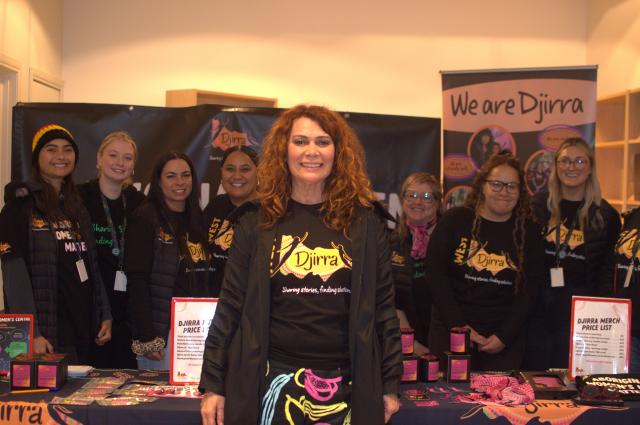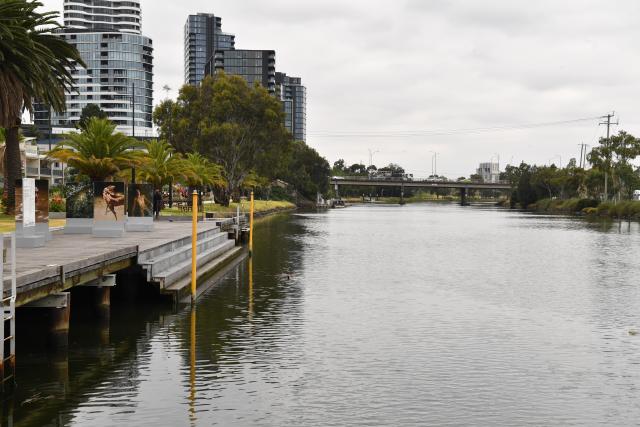A leading Aboriginal legal service is concerned expanding police powers under Victorian family violence reforms could have long-term negative effects on vulnerable victim-survivors.
The $100 million package centres around offenders being hit with intervention orders longer than the current six-to-12 months, harsher punishments and greater protections for stalking victims.
However, legal service Djirra does not support expanding Victoria Police powers to issue longer family violence safety notices, citing concerns for vulnerable women.
The service said about one-in-five Aboriginal women who were victim-survivors was misidentified as the perpetrator of violence, which can have long-term effects including criminalisation, incarceration and the removal of their children into out-of-home care.
Chief executive Antoinette Braybrook said more needed to be done to stop misidentification.
“Right now Aboriginal children are being taken from their mums at rates nearly double the national average,” Ms Braybrook said.
“The misidentification of Aboriginal women as the perpetrator of violence has devastating, long-term impacts on our women and their children.”
The service is also concerned the package is “silent” on major gaps in frontline services, including access to culturally safe services no more than 100km from home.
Victorian Premier Jacinta Allan said Victoria Police had done work to reduce misidentification and courts would still have oversight.
She said it was awful for victims to go through family violence and then be re-traumatised when they faced their perpetrator through repeat intervention order processes, which was the reasoning behind extending the time frame.
“We are making this change that will still retain the oversight of the magistrate’s court, there will still be that consideration of issues like misidentification but we’re putting the victim-survivor at the front and centre of the process,” Ms Allan told reporters in Ballarat on Friday.
Family Violence Prevention Minister Vicki Ward said misidentification issues were rectified “very, very quickly” once raised.
The comments came as the premier revealed Ballarat will be the first area to be saturated with a violence prevention campaign run under a Respect Victoria trial.
The regional city has been rocked this year by the deaths of Samantha Murphy, Rebecca Young and Hannah McGuire who police allege all died at the hands of men.
“It’s about making sure when you walk out onto the street, on public transport, we see those critical messages,” Respect Victoria chair Professor Kate Fitz-Gibbon said.
“When you turn on your TV, we’ve got the campaigns, when you go to your sporting club, women, girls, boys, men have access to the same sporting equipment.
“Everyone’s got access to the bathrooms they need, we don’t say things like kick like a girl.”
The saturation model has been rolled out in several low-income countries and there are hopes the four-year trial will lead to a reduction of violence against women and children.
“We want to be able to stand here in four years time and tell you what’s changed,” she said.
1800 RESPECT (1800 737 732)
Lifeline 13 11 14
13YARN 13 92 76
Lifeline 13 11 14







